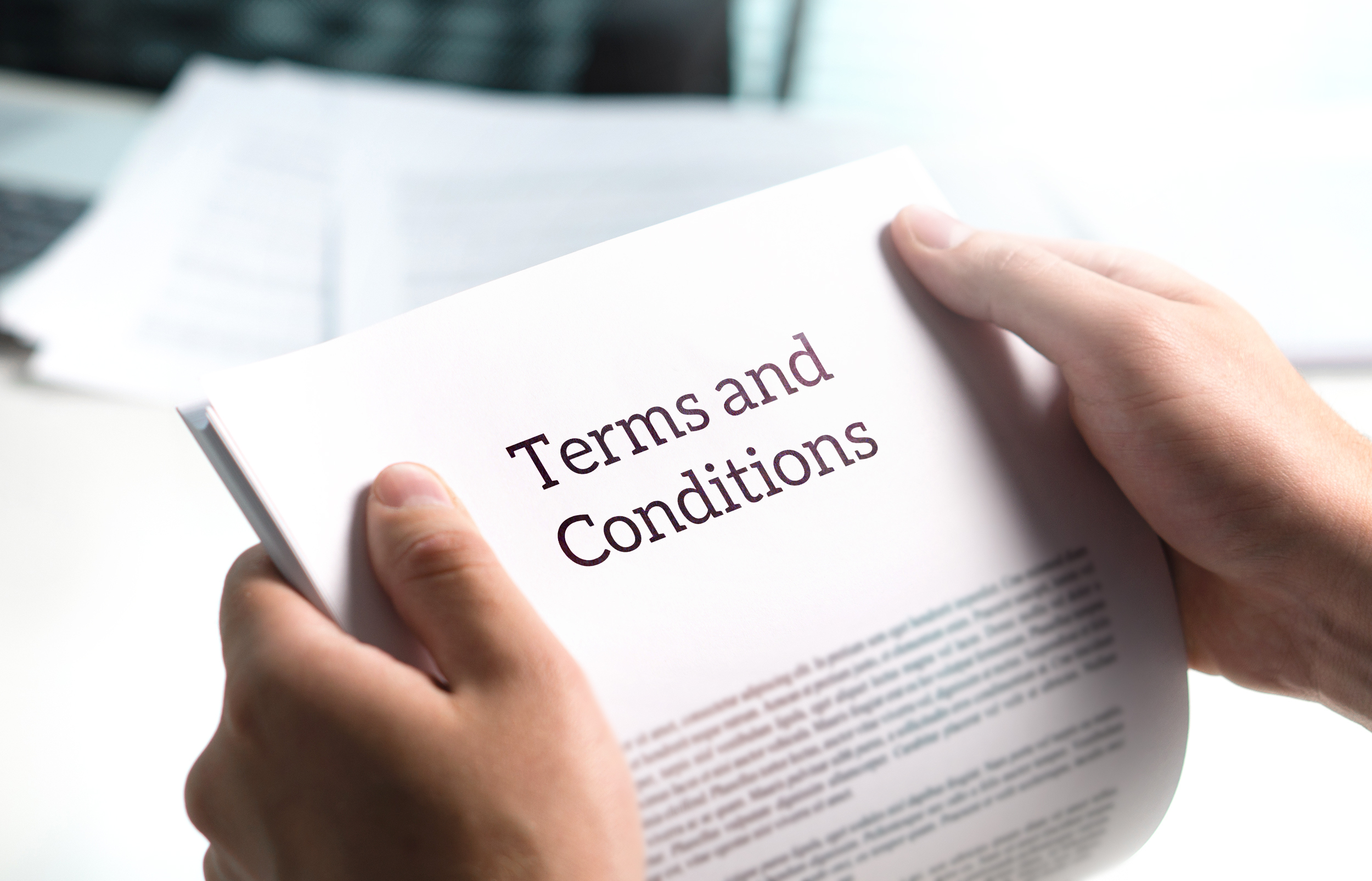Insurance is a contract between an individual or a business (policyholder) and an insurance company. It provides financial protection against potential risks.
Classification of insurance and types that fall under each
There are two broad categories of insurance:
- General Insurance
- Life Insurance
General Insurance
General insurance is a non-life insurance policy that provides coverage for assets, liabilities, or risks other than those specifically related to life.
This type of policy includes various types of insurance covers, such as:
- Aviation insurance
- Engineering insurance
- Home (fire domestic) insurance, Fire industrial insurance
- Public liability insurance
- Marine insurance,
- Motor private/commercial insurance
- Personal accident insurance
- Theft insurance
- Work Injury Benefits (WIBA)
- Medical insurance
- Microinsurance
- Miscellaneous insurance
Medical insurance – this covers the medical expenses of the insured and their dependents. The common medical covers comprise outpatient and in-patient covers with dental and optical extensions.
Motor private/commercial insurance – this covers loss or damage to the vehicle including legal liability to third parties in respect of death, injury or property damage arising from the use of the motor vehicle. Motor private insurance covers vehicles that are used for private/domestic purposes while motor commercial covers vehicles used for business/commercial purposes.
Aviation insurance – this is geared specifically to the operation of aircraft and the risks involved in aviation.
Marine insurance – this covers the loss or damage of ships, cargo, terminals, and any transport by which the property is transferred, acquired, or held between the points of origin and the final destination.
Personal accident insurance – This insurance provides compensation in the event of injuries, disability or death caused solely by, accidental, external, and visible events. This insurance can also be taken by a group of people such as employees.
Engineering insurance – this offers protection against a variety of risks associated with erection, resting, and working machinery, plant, or equipment. Examples are contractors all risks, erection all risks, machinery breakdown, electronic equipment, and deterioration of stock.
Home (fire domestic) insurance – this covers your house (building) and belongings (content) against risks including fire, theft, damage by extreme weather and other losses. The insurance can also be extended to cover domestic workers, occupiers, and owners’ liabilities.
Fire industrial insurance – this insurance provides cover against loss or damage to property caused by fire, lightning, and explosion. This insurance covers assets such as buildings, plant and machinery, stock insurance, furniture fixtures and fittings and office equipment.
Public liability insurance – this covers the cost of personal injury or property damage claims by a third party as a result of your business activities. Other types of liability insurance are product or professional liability insurance.
Theft insurance – this insurance covers loss or damage caused by the unlawful taking of property. Theft insurance as a classification includes burglary insurance, money, or cash in transit.
Work Injury Benefits (WIBA) – WIBA provides employees with financial compensation when, by accident, they suffer injury, become disabled or die while at work. This is a requirement and is enforced by the Kenyan law.
Microinsurance – this is packaging insurance for specific risks at an affordable premium.
Miscellaneous insurance – this includes other types of insurance not covered in the above classes such as agriculture, golfers, travel, bonds, and plate glass, among others.
The purpose of general insurance is to protect individuals and businesses from financial losses resulting from unexpected events or accidents.
Life Insurance
Life insurance is a type of insurance policy that provides financial coverage and support to individuals or their beneficiaries in the event of the insured person’s death.
It serves to protect the financial well-being of the insured person’s family or dependents by providing a lump-sum payment or regular income after the insured person’s death.
Life insurance policies can also offer additional benefits like savings or investment components, providing financial security during the policyholder’s lifetime.
The main classes of life insurance are:
- Ordinary/Individual life insurance
- Group life insurance
- Pension/Retirement plan
- Annuity
- Investment/Unit-linked contract
- Funeral insurance
Ordinary/Individual Life Insurance – this comprises all individual life policy categories as either Term Assurance; Whole Life; Endowment; or Investment policies.
- Term Assurance policy – this provides coverage for a specific period, for example, 30 years. If the insured passes away during the specified term, and the policy is active, a death benefit will be paid.
- Whole Life policy – this is a type of permanent life insurance, which means the insured person is covered for the duration of their life as long as premiums are paid on time.
- Endowment policy – this insurance contract is designed to pay a lump sum after a specific term (upon maturity) or in the event of death. Typically, maturity periods range from 10 to 20 years, up to a certain age limit. Some policies also provide payouts in the case of critical illness.
- Investment policy – this product is intended for long-term saving and investment, aiming for a return to accumulate on the saved sum or at providing security in case of death.
Group Life Insurance – this comprises Group Life Insurance schemes mainly organised by employers on behalf of their employees; Group Credit/Group Mortgage Schemes which are loan protection schemes organised by financiers like banks, co-operative societies, microfinance institutions, and last expense schemes which are stand-alone products or are given as a rider to the group life schemes.
Pension/Retirement plans – these plans are mainly offered by insurance companies to help individuals build up a sum of money that can be used in retirement. Pension plans can also be taken by groups such as employers. The money is invested by the insurance company to generate a regular income paid to the retiree and this income is what is referred to as pension.
Annuity – this is another way of planning for retirement. In an annuity, an individual pays a lump sum premium to an insurance company. The insurance company then provides a lifetime income to the individual from their premium.
Investment/Unit Linked Contract – these products give policyholders both insurance and investment under a single integrated plan. The main objective is to facilitate the growth of capital invested by the client/policyholder.
Funeral insurance – this covers funeral expenses upon the demise of the insured or their dependents. It can be purchased as a stand-alone product or as part of another insurance product such as life insurance or medical insurance. It is renewed every 12 months.
As an individual, it is essential to understand your specific needs and compare insurance policies and prices from different providers to find the one that best suits you.












